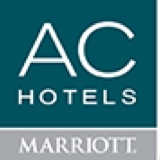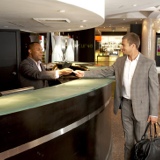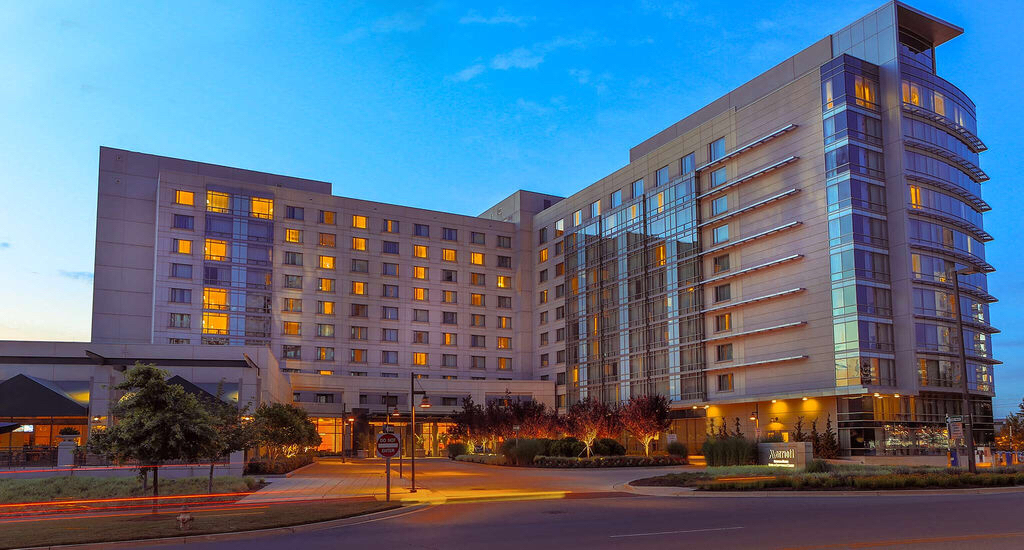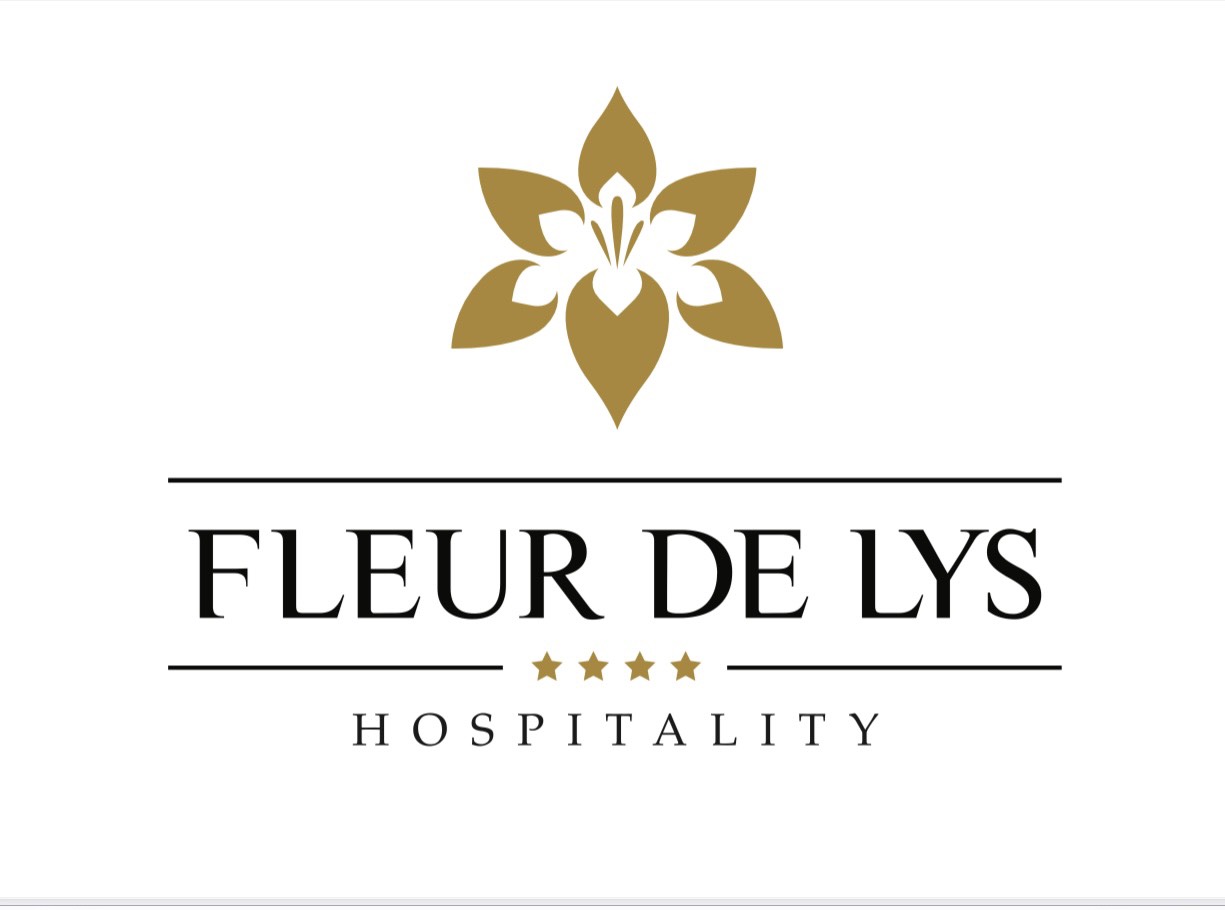Information
-
Audit Title
-
Client / Site
-
Conducted on
-
Prepared by
-
Location
-
Personnel
Service Execution: Check Out
-
Connector's Name
-
Select date
-
The Connector followed the 15-5 rule and was always on stage
-
At 15 feet, make eye contact and smile
At 5 feet, maintain eye contact
Greet the guest with a warm greeting (e.g. Good Morning/Evening)
Be on Stage
Mark NEEDS IMPROVEMENT if any of the above criteria is not met -
Warm and Genuine includes eye contact and a smile. Do not say "checking out"
Greet the guest to the appropriately and ask "How may I be of service?' -
The Connector Thank the guest for staying with us, and confirmed the Comfort and Quality of their stay?
-
The Connector confirmed that the Guest has received a copy of their bill or offer to email the receipt?
-
The Connector used the guest's name at least twice during the process.
-
The Connector was knowledgeable about property offerings and local area
-
Pick (1) of the following topics and inquire of the Connector
B&F hours of operation
Local Directions
Local Restaurants
Local traffic patters
Mark NO if the Connector is not knowledgeable about the above item -
The Connector inquired if the guest needed their vehicle or transportation?
IMAGE
-
The Connector AC Image met standard
-
The Connector must minimally demonstrate AC Image:
Style
Attire is clean, well maintained, and appropriate fitted to body type (not too tight or baggy)
Approved Uniform for the Front Office
Name tag is present
SMILE
Attire must match the color palette presented in the Uniform Style Guide
Grooming (i.e., hair, makeup, fingernails, facial hair, etc.) appears well maintained
Verbal Communication
Speaks clearly and politely to guests using appropriate tone and volume
Conveys confidence or enthusiasm when speaking
Non-Verbal Communication
Uses correct non-verbal behaviors (e.g., nods head, maintains eye contact) to communicate understanding
Refrains from pointing, slouching, making "thumbs up" gestures, shrugging
Lifestyle Focus
Reactively asks clarifying questions to understand guests needs and customize the experience
Mark NO if any of the above criteria is not met -
The Front desk area is neat and orderly.
-
Music and lighting are at appropriate levels for the time of day?
-
The Connector inquired if there is anything we could have done better?
Problem Resolution
-
Was Connector able to apply the LEARN model for addressing any guest issues? <br>(Listen, Empathize, Apologize, Respond, Notify)
-
Was the connector able to resolve the issue to the satisfaction of the guest?
-
Explain
-
The Connector prompted exploration by initiating conversation during the check-out process and providing micro-local recommendations
Examples include:
Offering Local Explorer Guide with corresponding explanation of insider tips
Weekly correspondence that may include 5 day forecast, hot spot of the week, favorite new restaurant, concerts etc.
Pointing out unique spots while providing directions to needed destinations
Share interesting facts about hotel/location
Mark NO if guest was not encouraged to discover something new
Closing
-
The Connector provided a warm/sincere closing, demonstrating appreciation
-
The Connector must:
Offer sincere closing
Demonstrate appreciation (e.g., "Thank You", offering further assistance).
"have a great Day/morning/afternoon"
Mark NO if any of the above criteria is not met -
Did the connector offer further assistance?
-
The overall experience met guest expectations and was free of negative detractors
-
Did the Connector provide a Trip Advisor card?
General
-
Is the agent familiar with the Emergency procedures?
-
Comments
-
Managers name:











